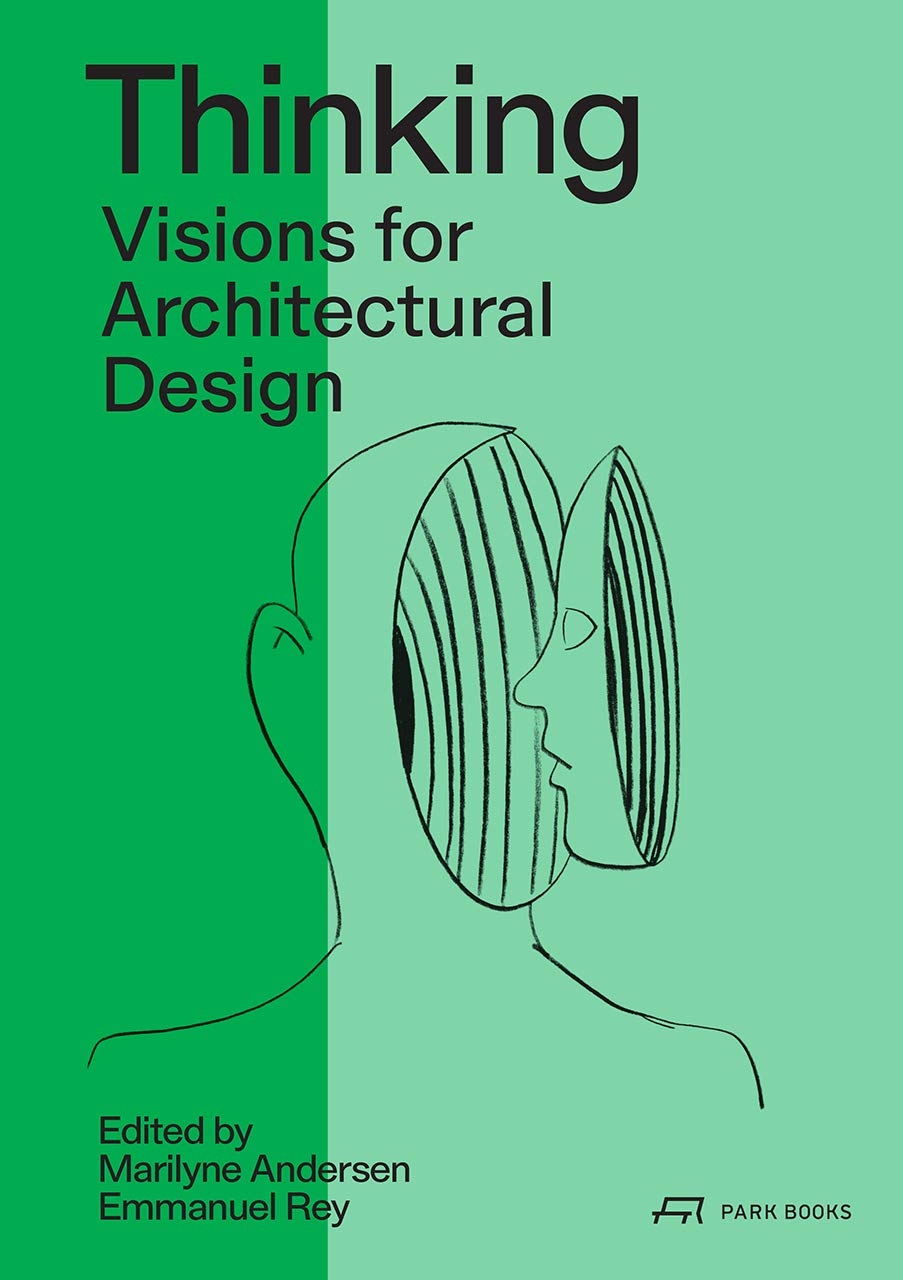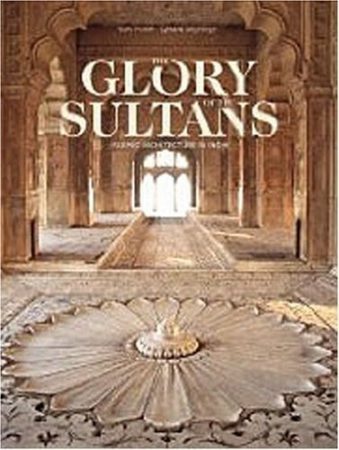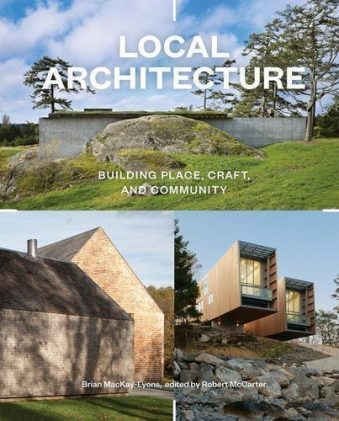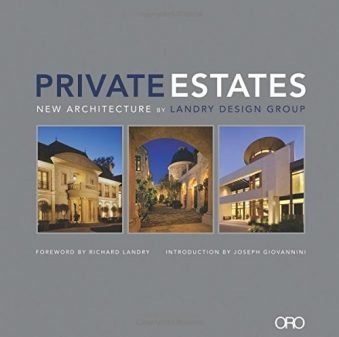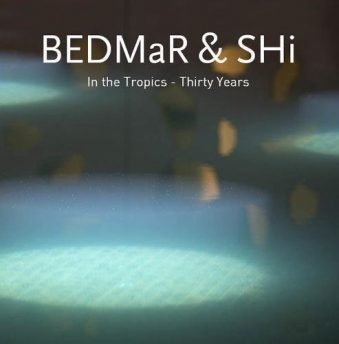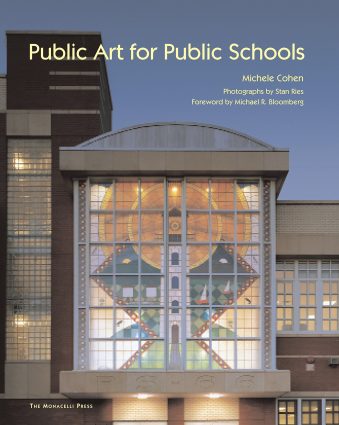- Empty cart.
- Continue Shopping
Thinking: Visions for Architectural Design.
₹2,887.00
- By Marilyne Andersen (Editor) ( Emmanuel Rey (Editor)
- Paperback: 212 pages
- Publisher: Park Books (29 May 2019)
- Language: English
- ISBN-10: 3038601314
- ISBN-13: 9783038601319
- Product Dimensions: 17.8 x 1.3 x 25.4 cm
1 in stock
Product of a research cooperation between three Swiss universities – the Ecole Polytechnique Federale de Lausanne’s School of Architecture, the School of Architecture and Technology in Fribourg, and the University of Fribourg – the Smart Living Lab is a research and development centre for the built environment of the future. This high-tech structure also serves as an emblem of the cooperation’s aim to translate academic research into actual buildings. A new series of books, entitled Towards 2050 will be showcasing the ambitious undertaking at various stages. The series’ inaugural volume, Thinking: Visions for Architectural Design highlights preliminary research for the smart living lab and considers visions for sustainable buildings. The book features essays by Sophie Lufkin, Emilie Nault, MArilyne Andersen, and Emmanuel Rey as well as interviews with leading experts such as Tatiana Bilbao, Paula Cadima, Lionel Devlieger, Herbert Girardet, Alistair Guthrie, Kengo Kuma, Ali Malkawi, Edward Ng, Susan Parnell, Antoine Picon, Carlo Ratti, and Koen Steemers. It lays out the myriad challenges and opportunities the project is likely to face, as well as its considerable potential to drive change.
About the Author
Marilyne Andersen is a Professor of Sustainable Construction Technologies and Dean of EPFL’s School of Architecture in Lausanne. Emmanuel Rey is a Professor of Architecture and Sustainable Construction Technologies and Head of the Laboratory of Architecture and Sustainable Technologies (LAST) at EPFL’s School of Architecture in Lausanne, and a partner at Swiss architecture and urban design firm Bauart.




